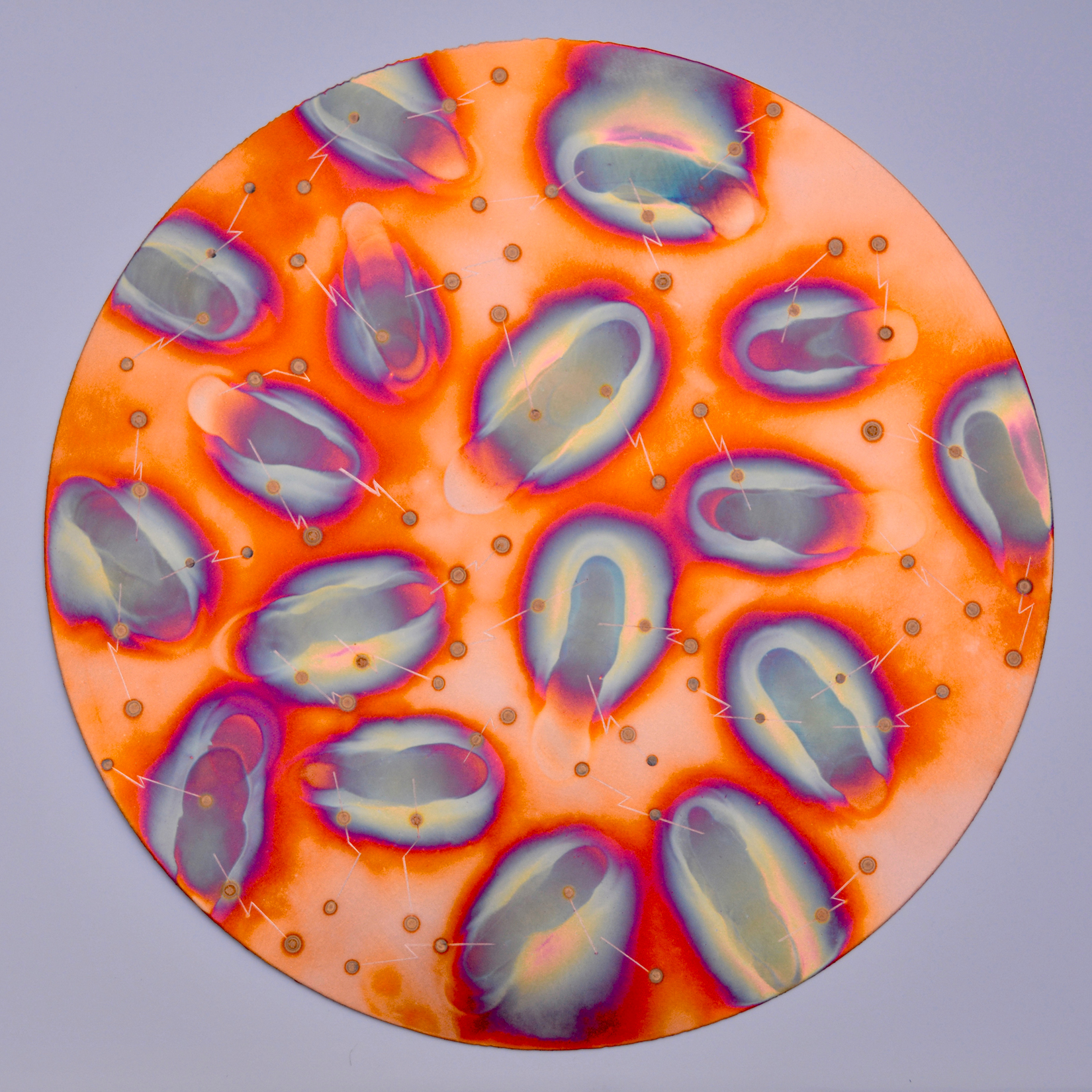Listeria monocytogenes Bacteria
Listeria bacteria transport electrons through their cell wall into the environment as tiny currents, assisted by ubiquitous flavin molecules (yellow dots).
While bacteria that produce electricity have been found in exotic environments like mines and the bottoms of lakes, scientists have missed a source closer to home: the human gut.
University of California, Berkeley, scientists discovered that a common diarrhea-causing bacterium, Listeria monocytogenes, produces electricity using an entirely different technique known as electrogenic bacteria, and that hundreds of other bacterial species use this same process.
Many of these sparking bacteria are part of the human gut microbiome, like the bug that causes the food-borne illness Listeriosis. It can cause miscarriages, and are pathogenic.
Copyright: UC Berkeley

Copyright: Cheryl Safren
